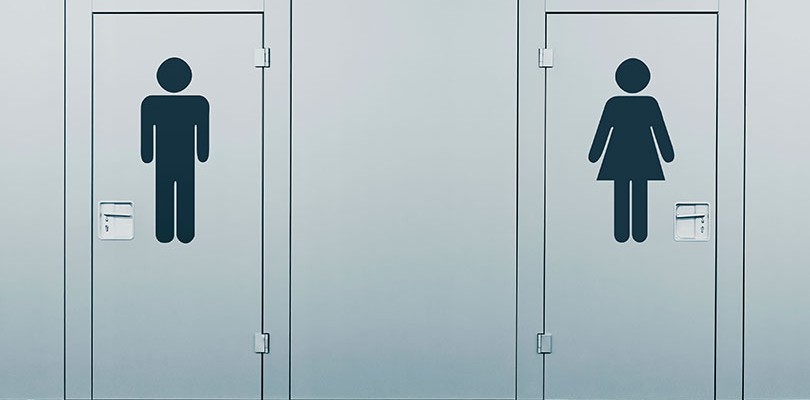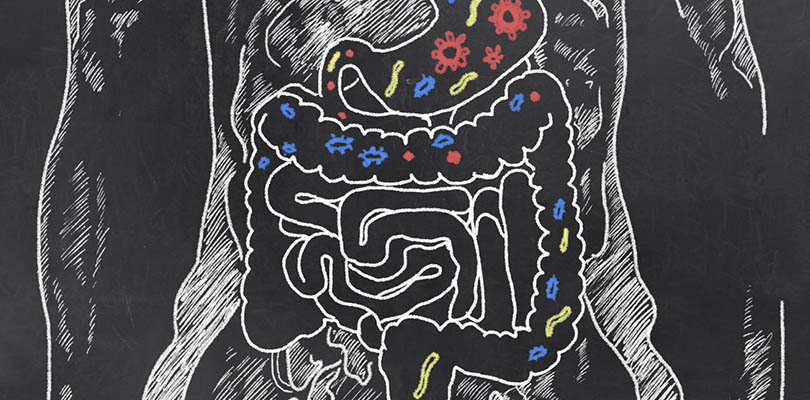
Photo Credit: stevanovicigor / istockphoto.com
2. Change in Bowel Movements
Bowel movements may fluctuate. Some people who have IBS have a tendency towards loose stools while others suffer from constipation. Many people who have a diagnosis of IBS present with alternating patterns of diarrhea and constipation. Stools may be flat and ribbon-like, or they may be in the form of tiny pellets. Stools may be hard, watery, or lumpy.
Changes in bowel habits often contribute to pain. Consuming adequate amounts of fiber can help to regulate bowel movement consistency. Medications may be needed to control diarrhea or constipation.
Ayurvedic practitioners differentiate multiple types of IBS. They consider the quality of a person’s stools when formulating a diagnosis and treatment plan. Interventions are prescribed based upon stool characteristics, other symptoms, and a person’s basic body type. Fasting, massage, yoga, herbs, and other recommendations may be prescribed to normalize bowel movement consistency, frequency, and rate of passage.
A bacterial infection such as food poisoning or a virus is often the cause of "stomach bug" symptoms, which is medically known as post-infectious IBS.







